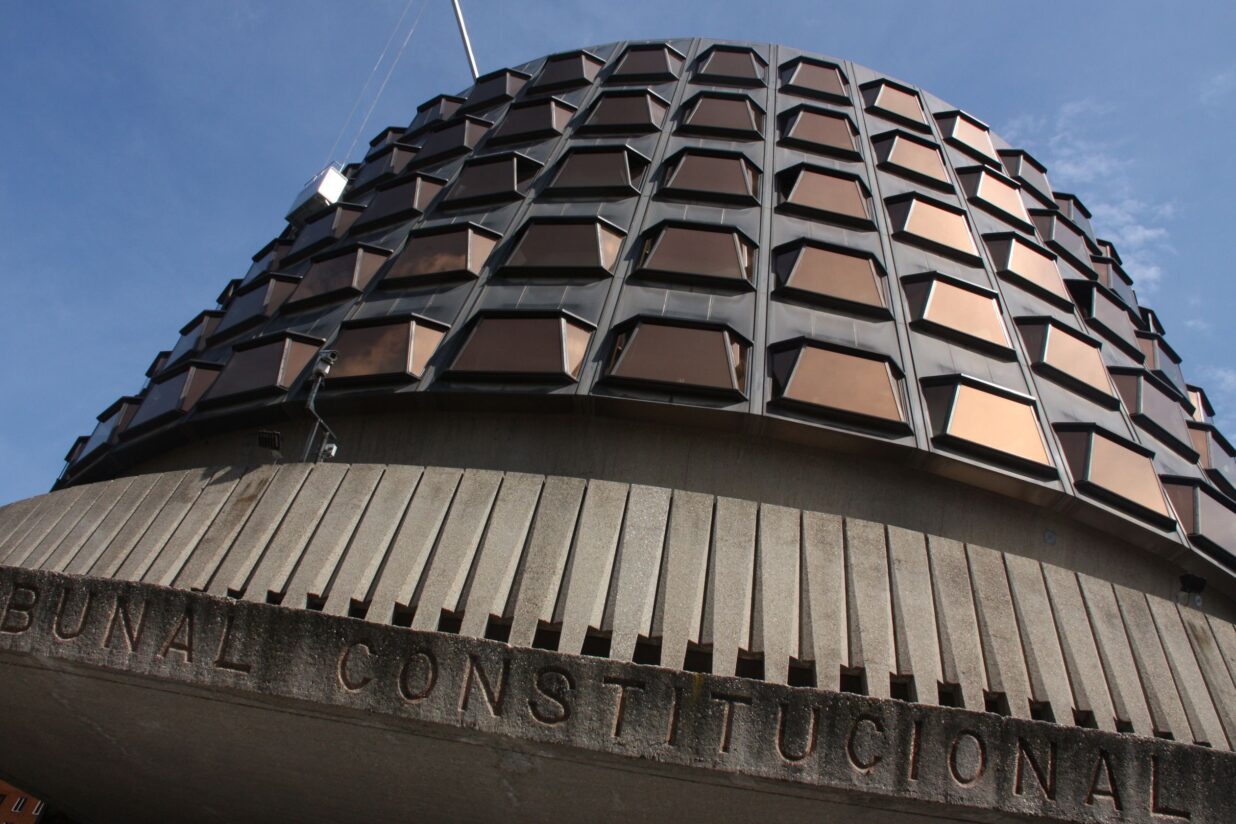02.09.2014 - 16:24
Will the 9-N consultation will go ahead whatever the Spanish Constitutional Court should decide? The question aimed at the sovereigntist universe is what the Catalan executive will decide, along with the parties in favour of the right to decide, if the law of consultation is suspended by the Spanish Constitutional Court, once challenged by Rajoy’s government.
Despite the crossed declarations, disobedience to the Constitutional Court is nothing infrequent. We give a few examples of this court’s sentences favourable to the Government of Catalonia, which the Spanish government has breached.
‘Not acting outside the law’
The president of the Government of Catalonia, Artur Mas, is prepared to call the consultation following the approval of the consultation law on the 19th, but no one knows what he will do if the state should veto it. This decision will have to be agreed between all the parties in favour of the consultation, but members of the government have already asked for no action to be taken outside Spanish law.
Yesterday the vice president, Joana Ortega, sent a clear message to ERC: ‘No political force with a will to govern can ask the government to act outside the law. We are a democratic state and the rules have to be obeyed.’ Ortega’s view is shared by other members of the government such as the Minister for Territory and Sustainability, Santi Vila. ‘We have an arbiter which is called the Constitutional Court, which is responsible for deciding who is right’, he said last week.
Grants and railways
However, it is not true that the Spanish government so scrupulously obeys the decisions of the Constitutional Court. Last year, Mas’s government drew up a report (pdf) setting out a series of ‘disloyalties’ on the part of the Spanish government towards the Catalan, amongst which they highlighted all of the breaches of Constitutional Court sentences. The report specifically went through the conflicts of competence since the sentence against the statute in 2010.
This series does not include all the proceedings which the Catalan government has brought against Madrid before the Spanish court, but it is a significant selection on the subject of Catalan self-government.
Following the Constitutional Court sentence against the statute, the Government of Catalonia launched 34 new reports for invasion of competence or claiming faculties. 75 proceedings in which the Catalan government was involved in 2010 are added. Of these, the Constitutional Court has resolved on 60: 26 with sentences coming down on the side of the Government of Catalonia and 11 partially in favour. Almost twenty have received unfavourable sentences.
The Catalan government calls for sentences passed by the Constitutional Court and which the Spanish government currently ignores to be upheld.
One of the cases pointed out by the report is the management and concession of subsidies for care and social services, which are covered by a State budget. This faculty has not been passed over.
It also gives the example of the court sentence on grants and aid to university and middle studies. The Constitutional Court recognises the competence of the Government of Catalonia in managing and awarding grants; however, according to the government report, the Spanish state ‘has not complied in full with the definition of competencies established at the time by the Constitutional Court’. Along the same line, the sentence on the royal decree creating the State Fund for Occupation and Local Sustainability, which supported the Government of Catalonia, has not been applied either.
In 2012, the Constitutional Court also came out in favour of the Catalan government concerning the appeal for unconstitutionality in the area of the railways. Here the court recognised that the State could not integrate all of the services given by Renfe in its network, because the services offered only inside Catalonia are the responsibility of the Generalitat government. It therefore said that the Spanish government had to redefine the railway network in accordance with the supra-autonomic territorial area. For the moment, this redefinition has not been made following the criteria of the sentence.
The report equally reminds us that the sentence of the 1990s on the Futuras plan, which obliges the state to territorialise the tourists subsidy funds intended for companies and institutions, has been systematically breached.



